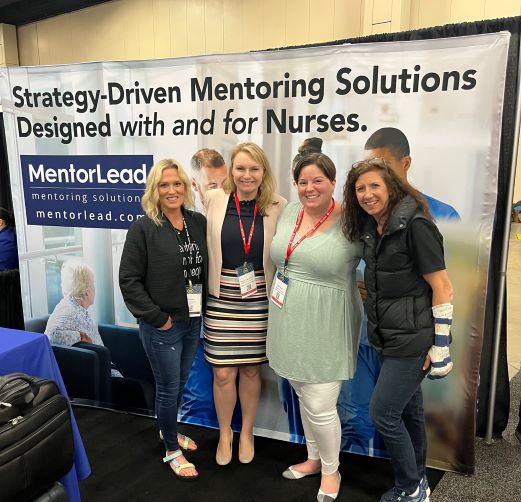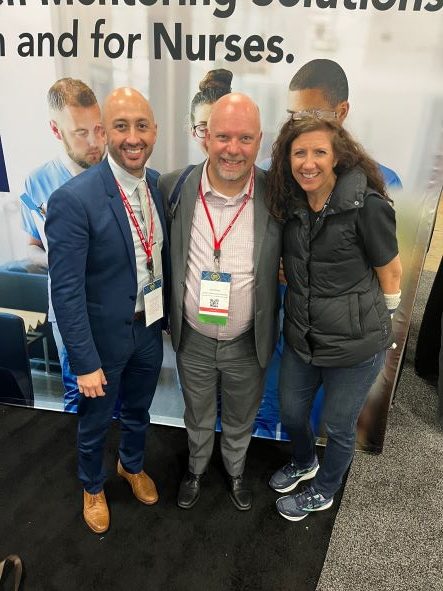
[Flash] Seeking White-Knuckle Moments
|
Phillip Phillips won American Idol in 2012. Since then, he has sold 5 million copies of his hit “Home,” produced three albums, and performed on morning shows, afternoon shows, late shows, and concerts worldwide.
This month, Phillip returned to American Idol to debut his new single, “Love Like That.” When he finished singing, the audience was on their feet, roaring for their fan favorite. As the applause subsided, Phillip exhaled, smiled, and remarked to the judges, “It’s still terrifying.” Similarly, when Willie Geist interviewed actress Sienna Miller recently on Sunday Sitdown, he asked her, “Stage or film? Which one gratifies you more?” Without hesitation, she responded, “Stage. Because it’s terrifying and indelible. And when I achieve that unimaginable thing I didn’t think I’d survive? I say, Yes! I did that!” Why are Phillip and Sienna seeking out “terrifying” situations while others gravitate to zones of comfort? And are we robbing ourselves of the journey and the challenge when we seek safety, predictability, and ease? While “terrifying” means dreadful and fearsome, it also means hair-raising, formidable, thrilling, and white-knuckling, like riding a roller coaster. These moments push us to grow, remind us that we are alive, and encourage us to lean into life. But we don’t need to audition for American Idol or jump out of airplanes to find those white-knuckle moments that help us grow. Opportunities abound!
White knuckles don’t typically result from answering routine emails and attending conference calls. They occur when we muster the courage to do that which we think we can not do. Actress Viola Davis reflected recently in an interview, “I don’t want to go to my grave and have my final thought be, I was not brave.” Isn’t it time for more butterflies-in-the-stomach experiences at work and in life?! © 2022. Ann Tardy and MentorLead. www.mentorlead.com. All Rights Reserved. |







